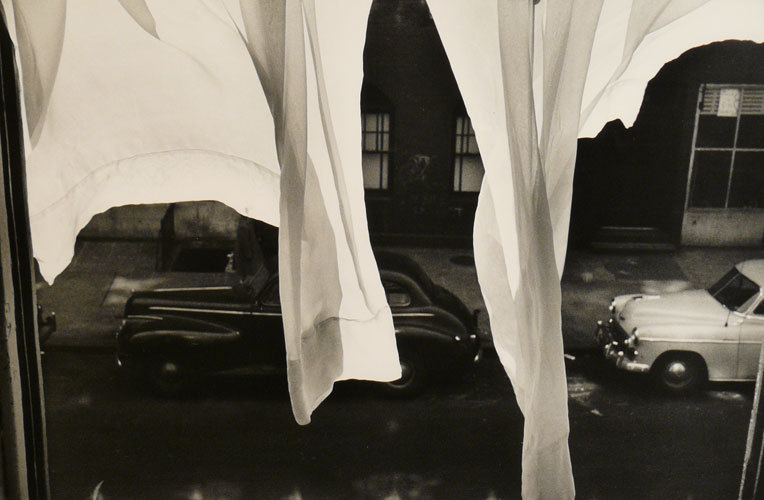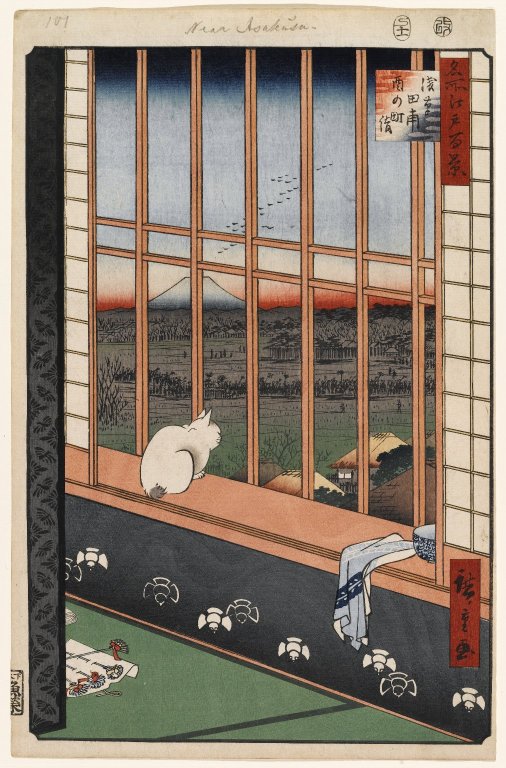If Elisabeth has time at the end of her studies, she could
read literature, but Rilke’s advice is ‘to look into the blue of the
hyacinths. And the spring!’ He gives her specific advice about her poems
and about translation; after all, ‘it is not the gardener who is
encouraging and caring who helps, but the one with the pruning-shears
and spade; the rebuke!’ He shares his emotions about what it is like to
have finished a great work. You feel a dangerous buoyancy, writes Rilke,
as if you could float away.
In these letters he becomes lyrical:
'I believe that in Vienna, when the dragging
wind is not cutting through you, you can sense the spring. Cities often
feel things in anticipation, a paleness in the light, an unexpected
softness in the shadows, a gleam in the windows – a slight feeling of
embarrassment of being a city…in my own experience only Paris and (in a
naïve way) Moscow absorb the whole nature of the spring into them as if
they were a landscape…'
And then he signs off: ‘Farewell to you for
now: I deeply appreciated the warmth and friendship of your letter. May
you keep well! Your true friend RM Rilke.’
Just think what it must have been like to
get that letter from him. Imagine seeing his slightly right-sloping and
looping handwriting on the envelope from Switzerland as the post is
brought into the breakfast-room in the Palais, your father at one end
opening the beige book-catalogues from Berlin, your mother at the other
with the feuilleton, your brother and sister arguing quietly. Imagine
slitting open the envelope and finding that Rilke has sent you one of
his ‘Sonnets to Orpheus’ and a transcription of a poem of Valéry. ‘It is
like a fairytale. I cannot believe it belongs to me,’ she writes back
that night from her desk pushed up against the window looking onto the
Ring.
They planned to meet. ‘Let it not be a short
hour, but a real moment of time,’ he writes, but they were unable to
meet each other in Vienna, and then Elisabeth got the time wrong for
their meeting in Paris and had to leave before he arrived. I find their
telegrams. Rilke at the Hôtel Lorius in Montreux, 11H 15 to Mademoiselle
Elisabeth Ephrussi, 3 rue Rabelais Paris (Réponse payée), and her response forty minutes later and his the next morning.
Then he was ill and couldn’t travel, and
there is a hiatus while Rilke is in the sanatorium where they are trying
to treat him; then a final letter a fortnight before his death.
from Edmund de Waal,
The Hare with Amber Eyes, where he tells the story of the friendship between his grandmother, Elisabeth de Waal, baroness Ephrussi, a
nd R. M. Rilke. I should have only selected that quote from his letter, but i found the entire story so touching that i posted most of it. you can find the book here




